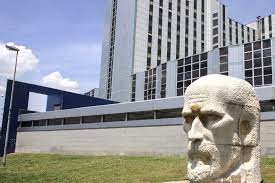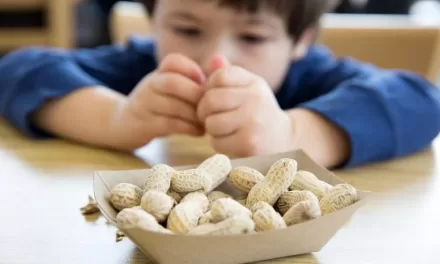“We have collaborated with the National Reference Centre for Tropical Diseases over the past 20 years in the clinical management of several forms of the leishmaniases, particularly on treatment of the visceral types” said Dr Jose Antonio Ruiz Postigo, Medical Officer, WHO Department of Control of Neglected Tropical Diseases. “The Centre has already supported many activities that include hosting six WHO consultative meetings on Leishmania-HIV co-infection; facilitation of five training workshops and the publication of eight technical documents.”
The team at collaborating centre, headed by Dr Rogelio López-Vélez and Dr Begoña Monge Maillo, is the fourth WHO collaborating centre for leishmaniasis in the world – and the second in Spain.
Dr. López-Vélez is a member of the WHO expert panel in leishmaniasis since 2009; and another team member of the National Reference Centre for Tropical Diseases, Dr Monge Maillo worked as a leishmaniasis consultant in WHO’s European Regional Office in 2019.
The terms of reference of the National Reference Centre for Tropical Diseases include:
- supporting WHO in the creation or update of clinical protocols on diagnosis and treatment of leishmaniasis used by health workers to properly diagnose and treat the disease;
- providing training to selected health personnel from endemic countries in the area of clinical case-management (diagnosis and treatment);
- providing technical support to improve leishmaniasis surveillance at individual and subnational levels. WHO will use data to populate country profiles and its global leishmaniasis database.
The management of collaboration with a centre is the responsibility of the responsible officer within the technical programme that initiated the designation.
WHO Collaborating centres
A WHO collaborating centre forms part of an international collaborative network set up by WHO to support WHO’s programme at country, intercountry, regional, inter-Regional and global levels. It also participates in the strengthening of country resources, in terms of information, services, research, training and in support of national health development.
The designation is made with the agreement of the head of the establishment to which the institution is attached or with that of the Director of the institution if it is independent and after consultation with the national government.
WHO collaborating centres are an essential and cost-effective cooperation mechanism, which enables the Organization to fulfil its mandated activities and to harness resources far exceeding its own. Through these global networks, the Organization is able to exercise leadership in shaping the international health agenda.
Monitoring of activities
A collaborating centre’s activities are monitored regularly and each centre is required to submit an annual report on the implementation of activities. A final evaluation takes place at the end of the four-year designation period.
Exchange of experience and collaboration between centres is encouraged and supported by regular meetings at country and Regional levels and on specific topics.












